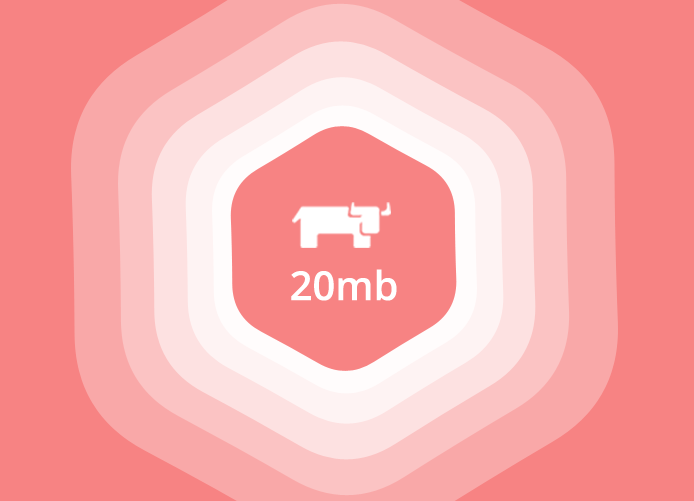A Linux kernel patch that “implements a new NAT-compatible, TCP option for stealthy port knocking with a few new twists for improved security” has been released.
Port knocking is a security implementation that’s designed to reduce the visibility of TCP servers on the network. A good port knock tool renders TCP servers stealthy, making them invisible to port scanners.
The point of a port knock tool is to make TCP servers respond to TCP SYN request only after a pre-defined sequence of packets have been sent and received. It’s like having a club house whose doors open only after a set number and sequence of knocks. There have been tools like in the past, but as far as I know, all have been in user space. Knock is thus likely the first port knock tool for Linux in kernel space.
From the release announcement:
- Knocking is done in the Linux kernel. Applications can activate Knock with a single additional setsockopt call (in both client and server). Thus, once Linux has been patched, deployment will be much simpler compared to other implementations. Also, as Knock operates in the Kernel, timing attacks should be much harder to do.
- Our Knock optionally does not merely enable opening the connection, but also can be used to protect the first N bytes of the TCP payload. Thus, given a sane protocol being run above TCP (one begins with a key exchange), an active attacker cannot simply take over the TCP connection after the handshake without also being locked into sending the same TCP payload. Thus, if the client begins by sending his public key and then continues to send data that must be authenticated with that key, even an active man-in-the-middle adversary cannot hijack the connection.
Knock is the work of Julian Kirsch, Maurice Leclaire and Christian Grothoff. The complete release announcement, associated documentations, as well as the code, are available here. The patch has been submitted to the Linux Kernel Mailing List (LKML), the kernel networking mailing list and subsystem maintainer. Could be coming to a Linux kernel next, if it passes muster.







